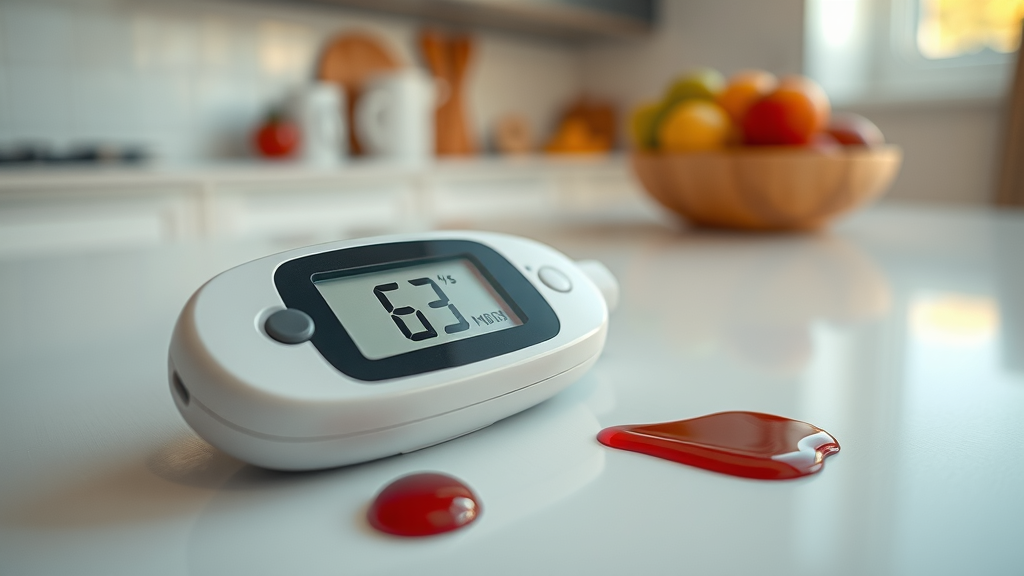
New Findings Highlight Tahitian Noni® MAX's Antioxidant Power
In the realm of wellness, a recent revelation is making waves: Tahitian Noni® MAX has been proven to possess extraordinary antioxidant capabilities. A groundbreaking study led by Brett West and Shixin Deng from the Research and Development team has put the spotlight on this liquid superfood, known for its health-enhancing properties.
The Composition of Tahitian Noni MAX
What makes this beverage stand out in the world of functional beverages is its unique blend of Tahitian noni, Cornelian cherry, and olive leaf extract. This formulation aims to energize your day, bolster immune functions, and contribute to heart health. It's an everyday companion for wellness enthusiasts looking to elevate their health routine effortlessly.
Unprecedented Antioxidant Potential Revealed
The latest study, published in a respected pharmaceutical journal, compares Tahitian Noni® MAX to conventional antioxidant-rich blood orange juice. Remarkably, the in vitro analysis showed that MAX has four times the antioxidant potential of blood orange juice. This finding places it ahead in the race of natural oxidant agents.
Astonishing Human Trial Outcomes
Conducted with a group of healthy, nonsmoking young adults, the human trial provided further compelling evidence. Participants who consumed Tahitian Noni MAX demonstrated a striking surge in erythrocyte and plasma antioxidant activities, with figures eclipsing those seen with blood orange juice. Erythrocyte antioxidant levels rose 28 times, while plasma antioxidant activity soared to 49 times higher than that of the control group.
Incorporating MAX Into Your Routine
To experience the robust antioxidant support that Tahitian Noni® MAX offers, you only need to incorporate 2 fl oz into your daily regimen. This small addition can be a potent ally against oxidative stress, a benefit any wellness enthusiast would not want to miss. Given its easy integration into a daily routine, it's a worthy consideration for those aiming for optimal health.
Future Predictions and Trends
The study's insights suggest a future increase in the demand for products like Tahitian Noni® MAX as consumers become more health-conscious and seek efficient wellness solutions. Antioxidant-rich functional beverages might take center stage in the health industry, responding to the growing awareness surrounding oxidative health and longevity.
Helpful Story Examples
Consider the story of John, a nutrition-conscious individual who included Tahitian Noni MAX into his wellness routine. He noticed more sustained energy levels and an overall feeling of vitality. John's story reflects how simple changes, like adding a liquid superfood to your diet, can substantially impact health and wellness.
 Add Row
Add Row  Add
Add 





Write A Comment